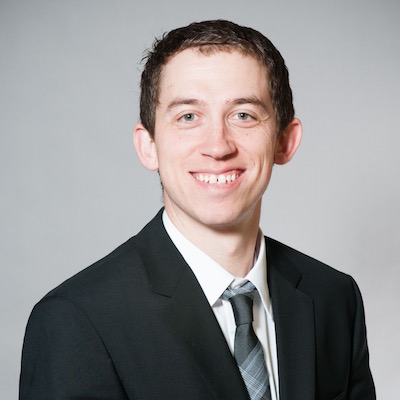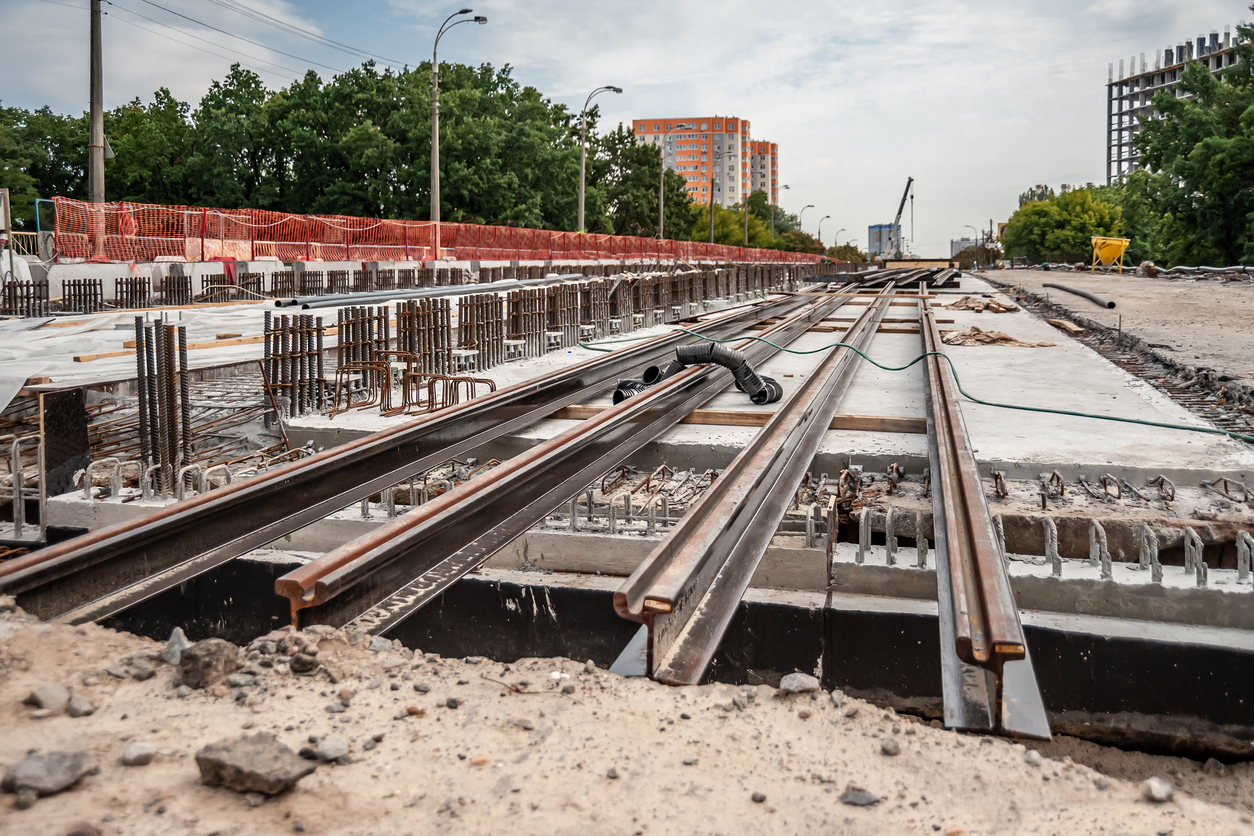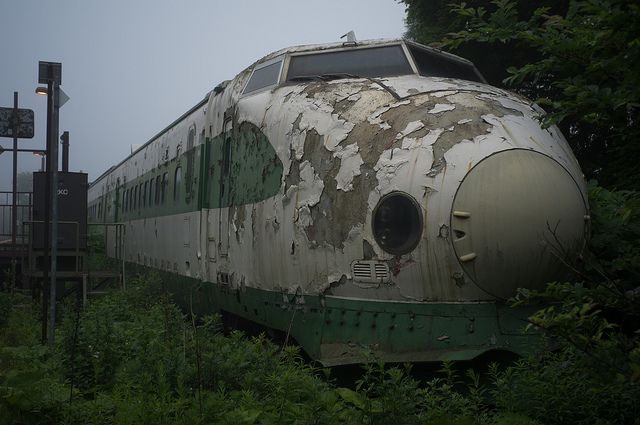Why gas tax increase may be worth it: New state law prioritizes congestion relief for road projects, so we can all spend less time sitting in traffic
This Opinion/Editorial appeared in Puget Sound Business Journal on August 21, 2015.
Download a PDF of this Op/Ed here.
According to the GPS company TomTom, Seattle has the fifth-worst traffic congestion in the nation, right behind New York City.
But drivers won’t need to read the report — Seattle’s traffic just feels like its getting worse. The good news is a new state law could begin providing some welcome relief to Puget Sound travelers.
The bill was part of a recently passed $16 billion transportation package to reform the way the state builds roads and bridges. Gov. Jay Inslee hailed the new law as “almost priceless.”
It directs state officials to make reducing traffic congestion a top priority when spending the public’s transportation dollars.
The new law will be a breath of fresh air for many; more than 90 percent of Washingtonians choose driving as their main mode of conveyance. In fact, the amount people drive is already up 5 percent over last year.
The law may be new, but the idea of spending to reducing traffic jams is not.
Fifteen years ago, Gov. Gary Locke recommended ways the state could deliver a top-notch transportation system for the traveling public.
His proposals, many of which became law, included strong, performance-based measures to hold elected leaders and state officials accountable for reducing traffic congestion.
For example, one benchmark created a priority system for fixing our ailing bridges — “no bridges shall be structurally deficient” — and “safety retrofits shall be performed on those state bridges at the highest seismic risk levels.”
The benchmarks also worked to limit administrative overhead by requiring officials at both the Department of Transportation and at local transit agencies to contain costs.
Another Locke law required that trips get quicker, by specifying that “delay per driver shall be significantly reduced and no worse than the national mean.”
But in 2007, lawmakers repealed Locke’s benchmarks. They replaced them with six goals of the transportation program; traffic relief was not among them.
The policy choice not to focus on eliminating traffic jams was unwise. Just a year earlier agency officials determined the state already had a “growing demand-capacity imbalance.” The public’s driving had increased 91 percent since 1980, but road capacity had only increased 8 percent. It’s a policy choice that will always lead to more traffic jams.
Since repealing the benchmarks, our state officials have largely given up on reducing traffic jams, preferring instead to just let traffic get worse, perhaps hoping to force people out of their cars and into unpopular mass transit.
But all is not lost. Former State Auditor Brian Sonntag determined that traffic congestion is “solvable” and “a clear commitment to reducing congestion would likely shift investment decisions.”
Washington Policy Center has urged lawmakers to return to a system based on improving the public’s travel times, so people can spend more time with their families, friends and neighbors, and less time staring at the bumper of the car in front of them.
Traffic congestion also strangles the state’s freight and export economy. In fact, the state found a 20 percent increase in traffic congestion would reduce economic output by $3.3 billion and cost Washington state more than 25,000 jobs.
Government officials just imposed the largest gas tax increase in state history, a 7-cents-per-gallon increase this month and a nearly 5-cent increase next year, and will spend more than $16 billion on transportation projects in the coming years.
New accountability measures like traffic relief are a good start, and should be part of every decision made when spending our transportation tax dollars.
If state officials ignore their duty to improve travel times, people would be simply paying more to sit in traffic jams.
Bob Pishue is transportation director of the Washington Policy Center, an independent, non-partisan think tank.







